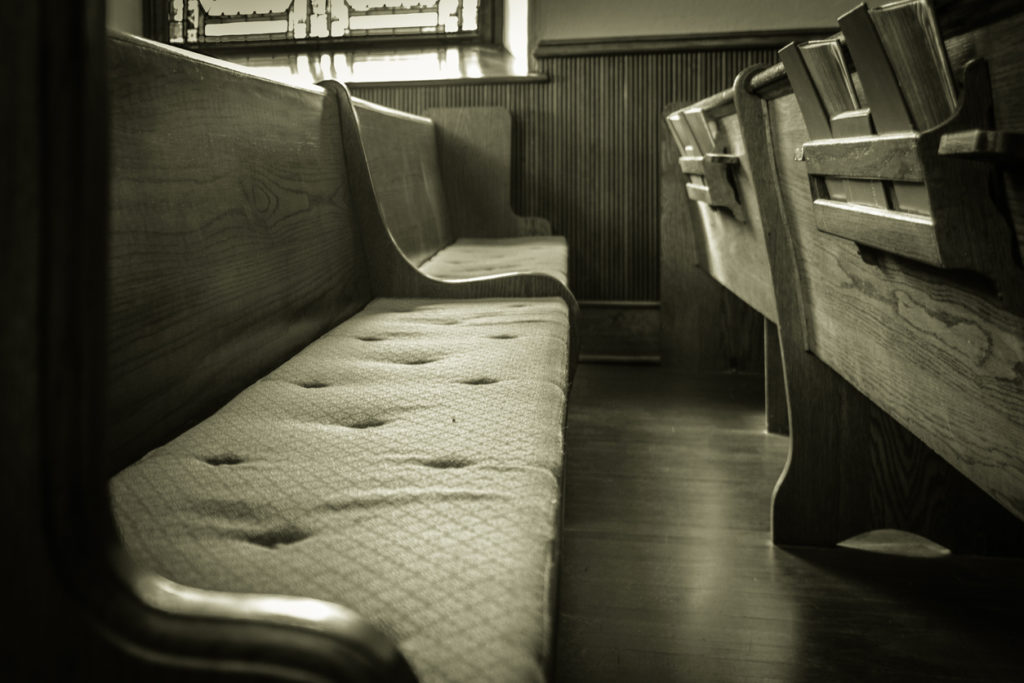
WASHINGTON (BP) –Nearly 30 percent of U.S. adults are religiously unaffiliated, 10 percentage points higher than a decade ago, Pew Research Center said in its latest survey.
Protestants suffered the greatest decrease in affiliation, as Catholics held steady.
“The secularizing shifts evident in American society so far in the 21st century show no signs of slowing,” Pew said in releasing the findings Dec. 14. “The recent declines within Christianity are concentrated among Protestants.”
Specifically, 29 percent of U.S. adults identify as religiously unaffiliated, or “nones,” including atheists, agnostics or those who consider themselves “nothing in particular” religiously. Nones are up 6 points from five years ago.
Fewer Americans consider themselves Christian – whether Protestant, Catholic, Church of Latter-day Saints or Orthodox Christian – accounting for 63 percent of the population this year, down from 75 percent as recently as a decade ago. Christians outpace nones at a ratio just over two-to-one, a substantial decrease from the five-to-one ratio in 2007 when Pew began surveying religious identity.
In 2007, 78 percent of U.S. adults identified as Christians, compared to 16 percent who identified as nones.
Protestants comprise 40 percent of U.S. adults, down 4 percentage points from five years ago, and 10 points lower than a decade ago, Pew said. Nondenominational Christians, Baptists, Methodists, Lutherans, Presbyterians and many other denominations are categorized as Protestant.
Catholics, who decreased between 2007 and 2014, have held steady the past seven years. Catholics comprise 21 percent of U.S. adults today, identical to the share in 2014.
In a closer look at Protestants, Pew found that 24 percent of U.S. adults described themselves as born-again or evangelical, down 6 percentage points from 2007. Concurrently, the share of U.S. adults who identify as Protestant “but not born-again or evangelical” decreased from 22 percent to 16 percent.
In other survey findings, Pew said:
- Americans are praying less. Fewer than half of U.S. adults, 45 percent, said they pray daily, compared to 58 percent who said they prayed daily in 2007.
- Nearly a third of U.S. adults, 32 percent, said they seldom or never pray, up from 18 percent in 2007.
- Four in 10 U.S. adults, 41 percent, consider religion very important in their lives, compared to 56 percent in 2007. The percent of adults who consider religion very important to them has decreased 4 percentage points since the 2020 survey.
- Church attendance has not changed substantially over the past year. This year, 31 percent of U.S. adults said they attend religious services (aside from weddings and funerals) monthly or more frequently, compared to 33 percent in 2020. A quarter, 25 percent, attend service at least weekly, compared to 26 percent last year.
- More than half, 51 percent, of Protestants attend church services at least monthly or more, compared to 35 percent of Catholics.
Pew conducted its National Public Opinion Reference Survey (NPORS) May 29-Aug. 25 online and by mail, including a cross-section of the population. Additional details of the survey sample are available here.
















